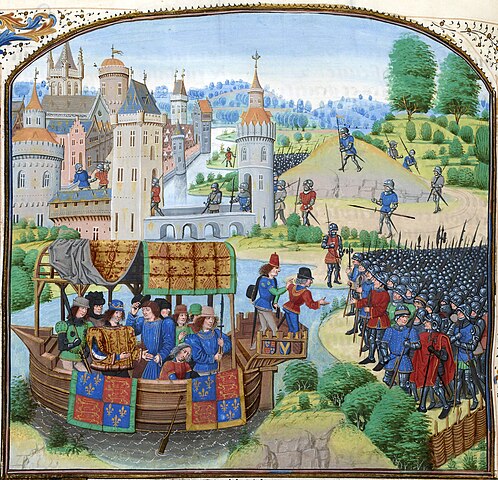
Was there anyway for the some of the static social classes in the early to middle stages of Medieval Europe have greater fluidity, without OTL's growth of the merchant/burgher class?
Some ideas, could possibly be greater rates of inter-marriage between ennobled and peasant classes? Maybe marriage for certain lower ranked groups within the Church? Maybe more Noble Republics instead of absolutist monarchies?
Last edited: